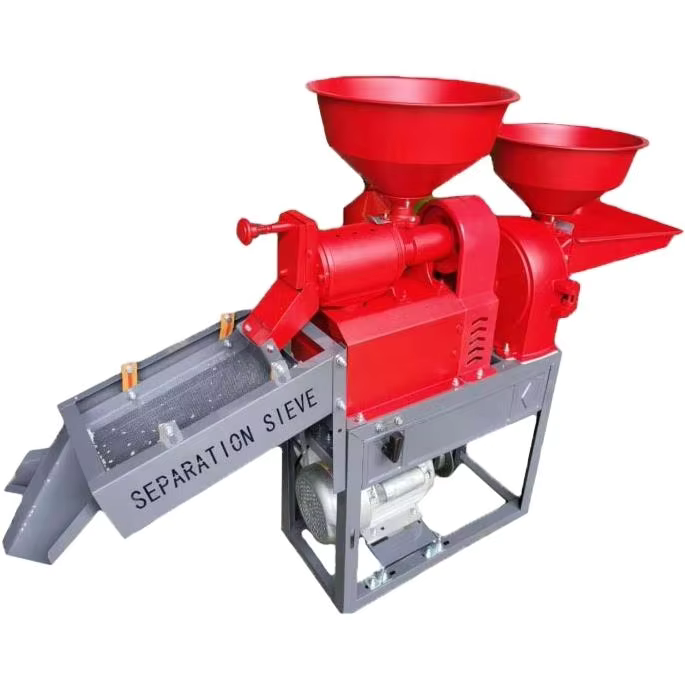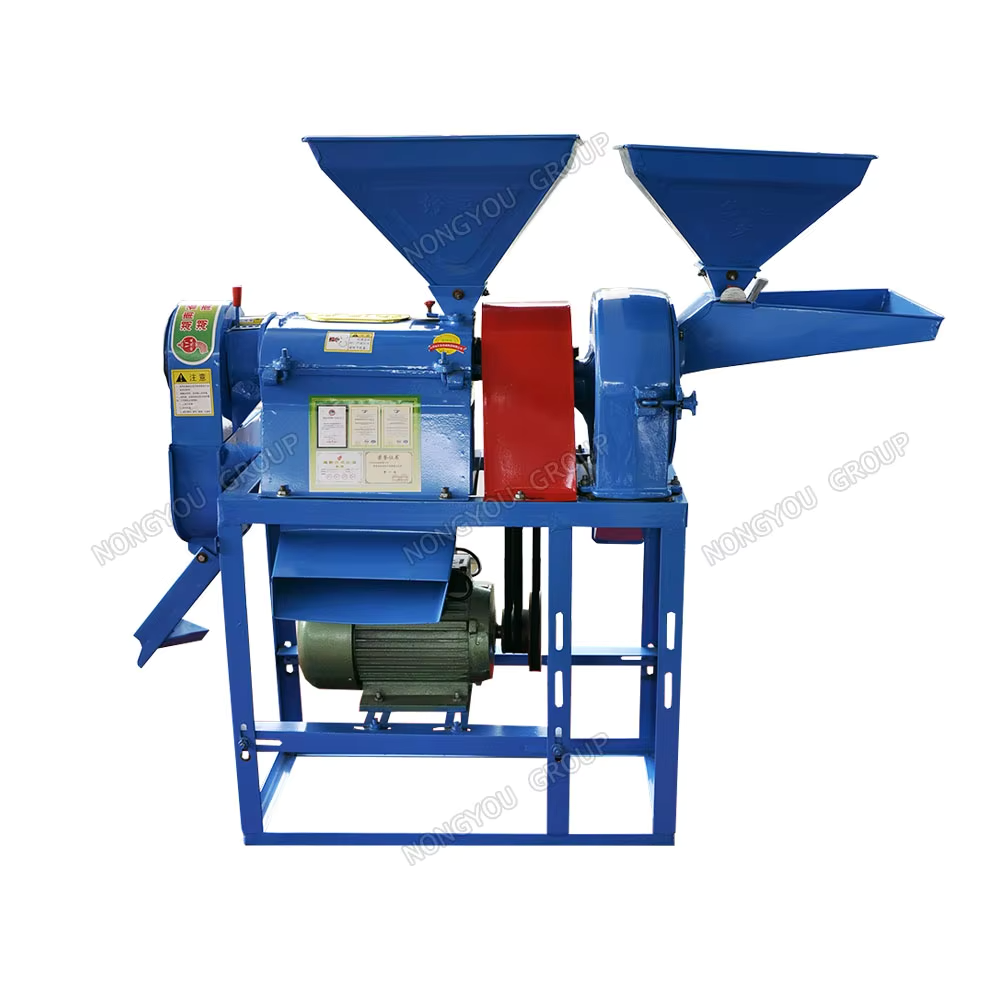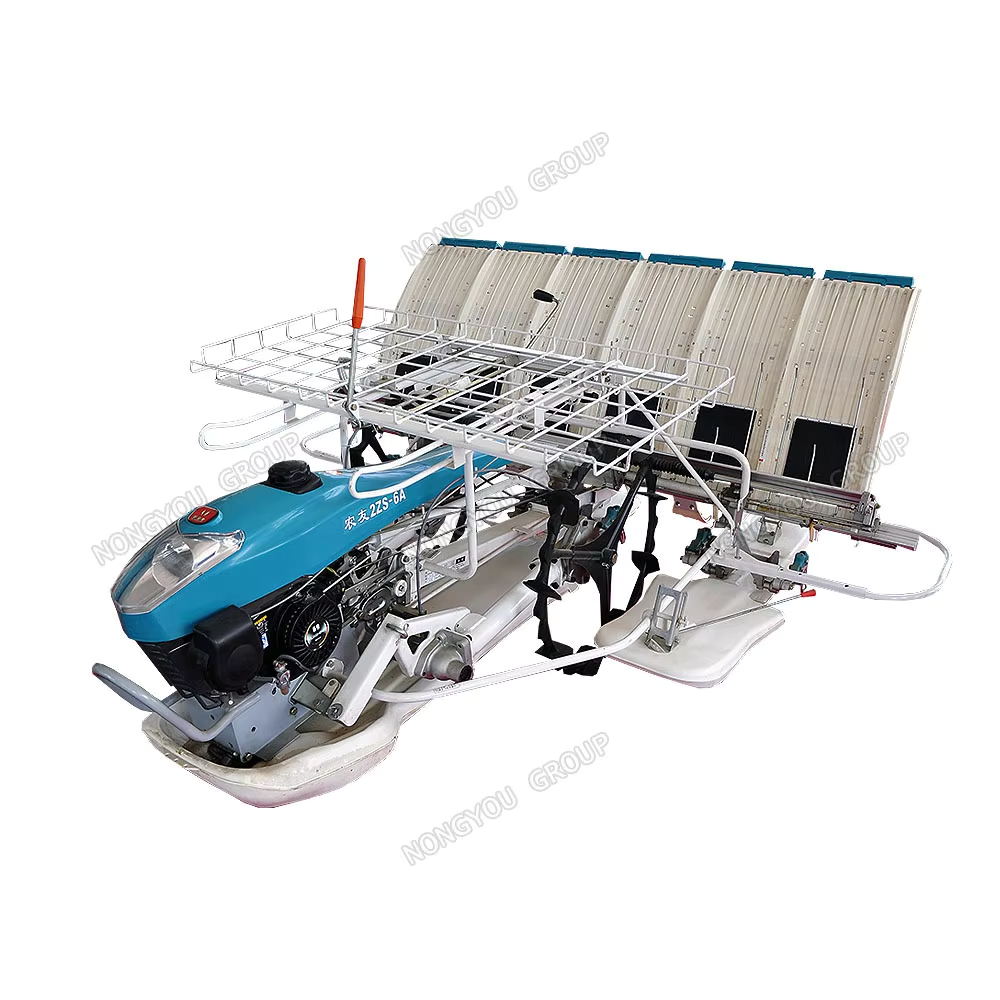mobile grain dryer
A mobile grain dryer represents a revolutionary advancement in agricultural technology, offering farmers and grain processors a flexible solution for maintaining optimal moisture levels in their harvest. This versatile equipment combines mobility with efficient drying capabilities, featuring advanced temperature control systems and automated moisture monitoring. The unit operates by forcing heated air through the grain mass while simultaneously extracting moisture, ensuring uniform drying throughout the batch. Its portable nature allows for strategic positioning across different locations, making it ideal for multiple farm operations or contract drying services. The system incorporates state-of-the-art sensors that continuously monitor grain moisture content, temperature, and drying progress, allowing for precise control over the entire process. Modern mobile grain dryers are equipped with user-friendly control panels that enable operators to adjust settings based on specific grain types and desired moisture levels. The equipment's design typically includes high-capacity loading and unloading systems, making it efficient for processing large volumes of grain in a relatively short time frame. Safety features such as emergency shutdown systems and overheating protection ensure reliable operation, while fuel-efficient burners help maintain reasonable operating costs.


